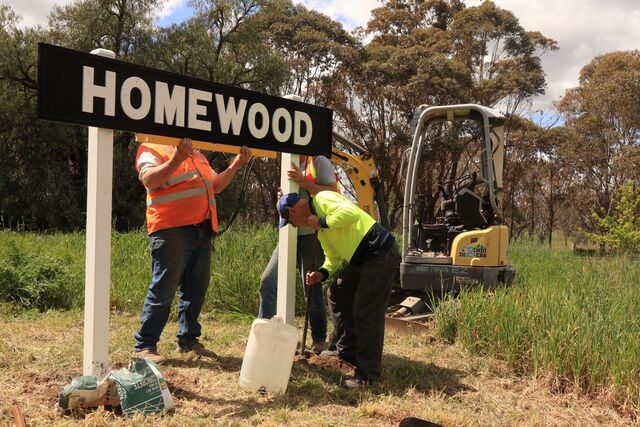Environmental law is one of the key frameworks for environmental decision-making in Australia – determining who can make decisions, how those decisions should be made, who can challenge them and how they are enforced. As such, it is very important for local government, yet many people who work in this area have no legal background, having trained as planners or engineers or some other discipline.
The Australian Centre for Environmental Law (ACEL) in the ANU College of Law has been at the forefront of the teaching and study of environmental law in Australia for over twenty years, attracting students with very different backgrounds, undergraduate degrees and work experience. While many are just beginning their careers, many are well established in them. Its Graduate Program in Environmental Law is designed both for lawyers and those with no previous legal background.
ACEL offers a comprehensive program in environmental law which starts with the introductory course, Fundamentals of Environmental Law, offered in February and July each year, followed by an array of specialist courses covering key areas such as environmental impact assessment, environmental litigation, biodiversity, climate and water. The program’s aim is not only to provide students with a sharp understanding of the law but also to explore its origins and implementation, strengths and weaknesses.
Any Environmental Law course can be taken individually as a short course (professional development) or as part of a graduate degree program. Short courses are ideal for professionals who wish to update their knowledge in a specific area. Participants receive a certificate of completion. No assessment is involved.
*Copy supplied by The Australian Centre for Environmental Law
For more information visit: law.anu.edu.au/acel







